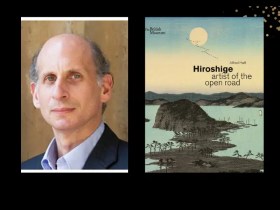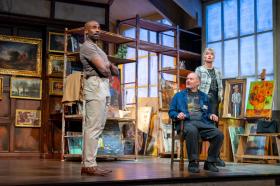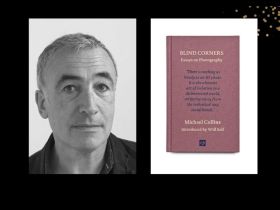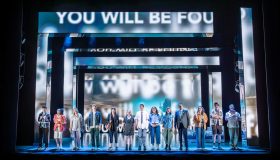In 2002 a survey by Classic FM found that 65 percent of children under 14 couldn’t name a classical composer. They were similarly stumped when it came to naming instruments such as the clarinet, cymbal, and cello.
Seeing as the youth of today can barely distinguish a violin from a guitar it may come as a surprise that there are any young composers at all. But while kids may be lacking in knowledge, organisations like Youth Music are busy working to improve young people’s know-how.
Funded through the National Lottery and Arts Council England, Youth Music aims to complement the national curriculum by supporting special initiatives and events that take place in or around schools when classes are over.
Youth Music has three main funding streams: Open programmes, Youth Music Action Zones and Partnership Programmes.
The list of worthy projects undertaken by Youth Music includes a scheme, launched in 2004 to put 5,000 thousands instruments into the hands of kids who may not otherwise have access to them. Ahead of the global annual Peace Day (21 September) Youth Music is organising a national my Song for Peace that will encourage young people across the UK to get involved with the day’s celebrations.
Youth Music’s programmes also represent opportunities for established composers. It’s Singbook teaching aid features 12 songs commissioned from the likes of Howard Goodall and Debbie Wiseman
But while Youth Music exposes young people to music making, it doesn’t equip young music-makers with the tools to kick-start a career. There are currently two main routes along which young composers might hope to get themselves, and their work, noticed. And these routes, predictably, are entwined.
The University of Huddersfield’s music maestro Margaret Lucy Wilkins says, “As young composers, my generation was advised to seek instruction at a university, where we would gain knowledge of the craft of composition … but it left us woefully ignorant of contemporary aesthetics and techniques.”
Young composers are still advised to educate themselves but they also have a multitude of carrots dangled over them in the form of scores of competitions, such as the Philip Bates Memorial Prize run by the Birmingham Conservatoire or the Heriot-Watt University Young Composers Competition for young Scottish composers.
The high volume of competitions seems to be educating young composers that the best, if not the only, way to launch and/or sustain a career is by achieving success in competition.
This year’s BBC Proms/The Guardian Young Composers’ Competition is, the website blurb assures entrants “designed to help you on your road to recognition.”
The competition is open to anyone aged 12 – 18 and will accept any kind of music as long as it can be fully scored. The prizes are tantalising: winning compositions will be performed at the Proms and broadcast on BBC Radio 3, as well as the chance to develop work in a series of workshops with professional composers and musicians.
Winning a major competition can do wonders for a young composers career but sometimes the taking part can be just as fruitful. 26 year old composer Benjamin Oliver didn’t win a competition to discover Yorkshire’s newest composers but his dream-inspired Nocturnal Dissonance “so impressed the judges and the orchestra when it was performed in rehearsal a year ago that, like the winning entry, it merited a public performance.”
While there are literally scores of competitions run each year opportunities for professional development are minimal. And often, as in the case of the Royal Philharmonic Society, these are offered in the form of prizes.
Of course musical composition isn’t only about classical style compositions. One of the most successful young British composers is the emerging master of the Musical, Leighton James House. Having written and had his first musical performed at 17, House made his own luck by taking his show to the Edinburgh Fringe Festival the following year in 1998. Lifts won a Ken Hill New Musical Theatre Award in 1999, which helped bring House the recognition that led to new opportunities.
Along with The Stage theatre critic Mark Shenton, House believes that young composers need to have their work performed in order to progress as artists. In his opinion West End venues have an important role to play in developing the early careers of Musical composers.
For any young composers looking for some worldly advice from their peers, perhaps words of wisdom from Roxanna Panufnik could serve as inspiration. At 39 Panufnik can hardly still be considered a young composer, although she still appears youthful. During an interview earlier this year when she was in America to work on her latest piece with the Choral Arts Society, she told The Philadelphia Inquirer’s music critic “”One of the main things both my parents taught me, which is really important, is that I must always be myself – musically, socially, whatever . . . In the end, you have to write the kind of music you’d enjoy listening to. Otherwise, it’s not you, is it?”




